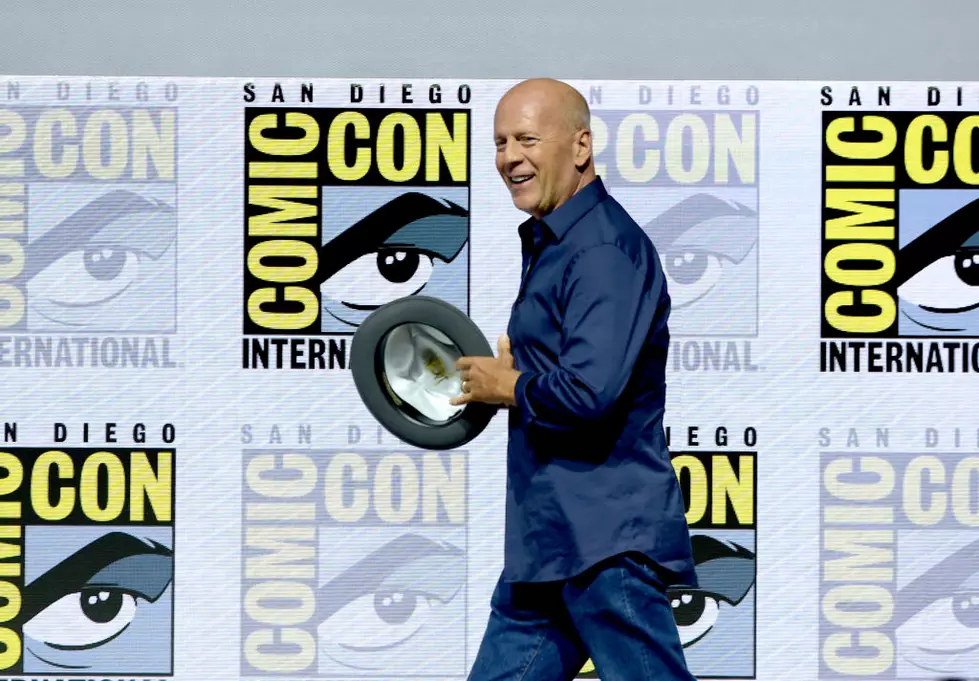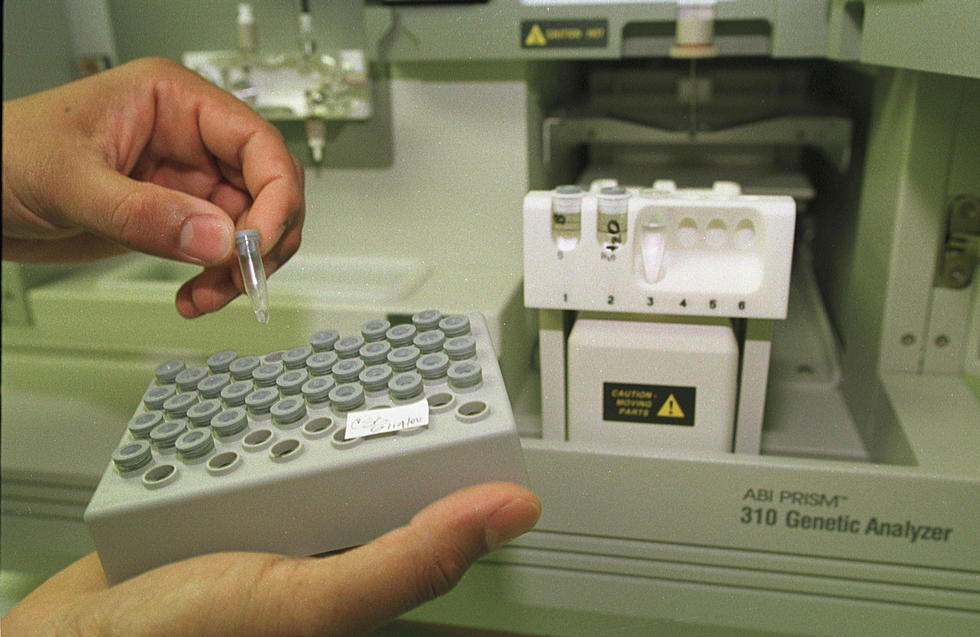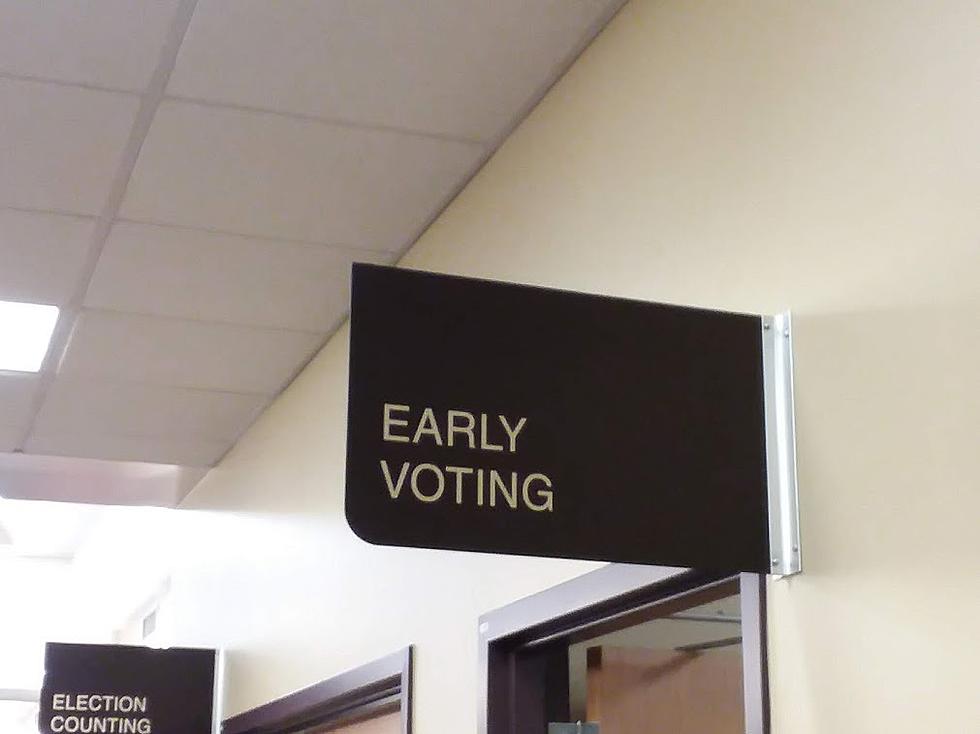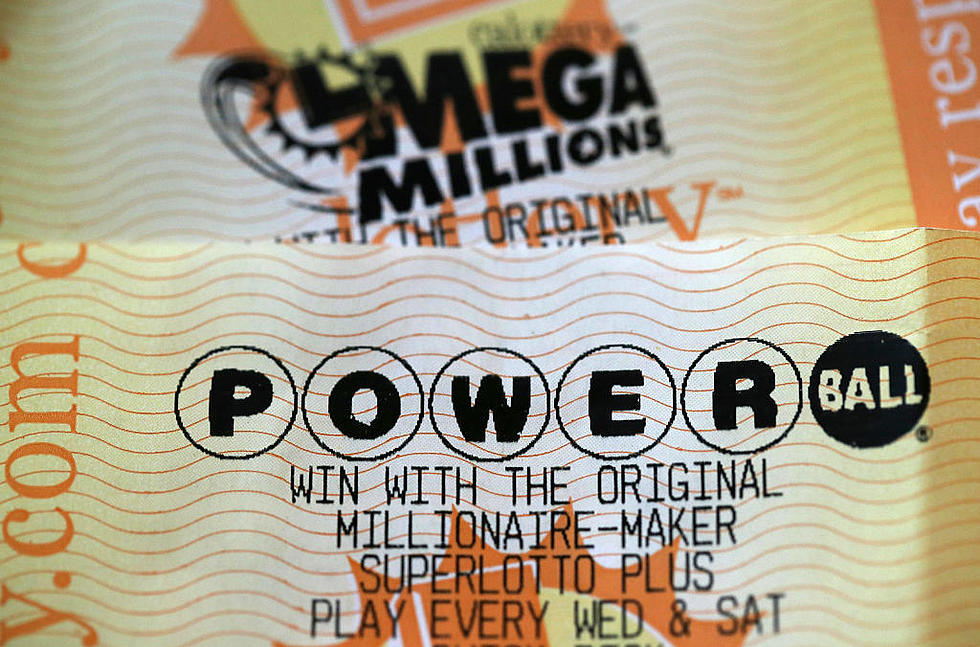
China: Partner or Adversary? Hu Arrives In Washington
China's President Hu Jintao landed in Washington for a summit that will help to define a new relationship between the world's longtime superpower and its rising Asian rival, at a time when their bonds have been frayed by mutual suspicions and an ideological gulf.
Since Mr. Hu last visited the White House in 2006, his country's influence has surged and its relationship with the U.S. is now widely recognized as the world's most important bilateral matchup. In some ways ties have strengthened, as in the growing trade and business evident in a series of big commercial deals signed this week. But the two also seem increasingly buffeted by disagreements including Beijing's handling of North Korea, China's own military expansion, its exchange-rate policies and its treatment of foreign businesses.
Mr. Hu's arrival—for China's first state visit to the U.S. since 1997—was accompanied by a Chinese advertising blitz meant to showcase its "soft power," using images of ordinary Chinese citizens and celebrities like NBA star Yao Ming, Web tycoon Jack Ma, and a quartet of fashion models in a minute-long ad. The Chinese-produced video—to run on television and 300 times a day in New York's Times Square for a month—is aimed at showing Americans a different face of China. Rather than a rival accused of manipulating its currency and siphoning U.S. jobs, Beijing wants Americans to think of sports stars, Internet entrepreneurs, and astronauts.
The Obama administration also has been pressing China to make big investments and splashy joint ventures as a way to demonstrate concrete achievements. On Tuesday, it orchestrated a series of energy-related announcements by U.S. and Chinese business leaders intended to show the upside of working together.
Also, as Mr. Hu arrived, documents viewed by The Wall Street Journal showed that a Chinese firm has agreed to invest $2 billion in a North Korean industrial zone, challenging U.S. policy isolating North Korea and serving as a reminder of the potential limits of Chinese cooperation there. Beijing suggested Tuesday the U.S. needs to remove barriers to Chinese companies' investment, even as a survey of U.S. businesses in Shanghai underlined corporate anxiety about lack of a level playing field in China. Multinationals have grown increasingly frustrated that Beijing has adopted policies that threaten to co-opt their technology and favor Chinese companies that have become competitive globally.
From The Wall Street Journal
More From News Radio 1310 KLIX









